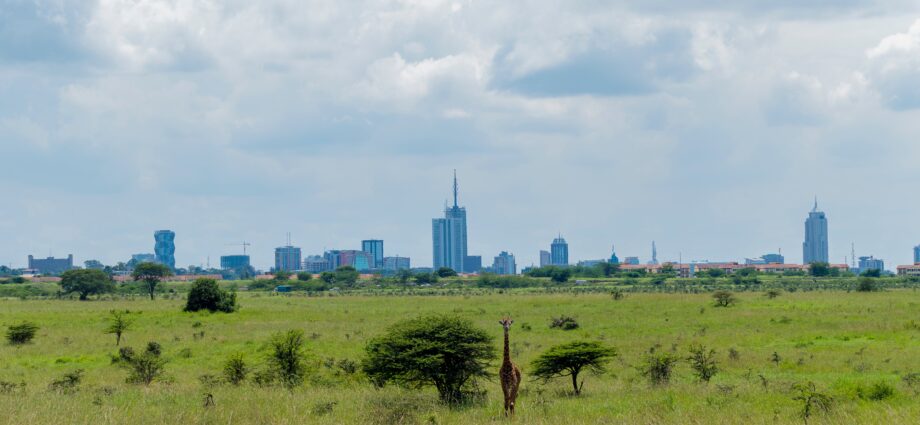
The leaders recognize the importance of implementing the SDGs in an integrated and holistic manner and highlight the SDG Summit in September 2023 and the Summit of the Future in 2024 as “significant opportunities for renewing international commitment” to the 2030 Agenda
by International Institute for Sustainable Development (IISD)
September 1, 2023
The BRICS bloc of developing countries, comprising Brazil, the Russian Federation, India, China, and South Africa, decided to expand their alliance to include Argentina, Egypt, Ethiopia, Iran, Saudi Arabia, and the United Arab Emirates (UAE). In a summit declaration, the BRICS leaders commit to strengthening cooperation to promote peace, a more representative international order, a reinvigorated and reformed multilateral system, sustainable development, and inclusive growth.
The 15th BRICS Summit convened in Sandton, South Africa, from 22-24 August 2023 under the theme, “BRICS and Africa: Partnership for Mutually Accelerated Growth, Sustainable Development and Inclusive Multilateralism.” At its conclusion, the leaders adopted an outcome document titled, “Johannesburg II Declaration.”
Reiterating their commitment to inclusive multilateralism, the leaders call for greater representation of emerging markets and developing countries in international organizations and multilateral fora and express support for a comprehensive reform of the UN.
The leaders further commit to fostering an environment of peace and development and promoting partnership for mutually accelerated growth. They highlight the essential role of multilateral cooperation in limiting the risks stemming from geopolitical and geoeconomic fragmentation and pledge to intensify efforts on trade, poverty and hunger reduction, sustainable development, climate change, education, and health, among other areas of mutual interest.
On partnership for sustainable development, the leaders recognize the importance of implementing the SDGs in an integrated and holistic manner and highlight the SDG Summit in September 2023 and the Summit of the Future in 2024 as “significant opportunities for renewing international commitment” to the 2030 Agenda.
Announcing the outcomes of the Summit, BRICS Chair Cyril Ramaphosa, President of South Africa, described the alliance as “an equal partnership of countries that have differing views but have a shared vision for a better world.” He highlighted consensus on the first phase of the BRICS expansion process and said “further phases will follow.”
Addressing participants, UN Secretary-General António Guterres called for “a strengthened and reformed multilateral architecture based on the UN Charter and international law,” to avoid fragmentation in an increasingly multipolar world. He identified a redesigned global financial architecture and stepped-up climate action as priorities for action.
As the 2024 chair of the bloc, the Russian Federation will host the 16th BRICS Summit in Kazan. From 1 January 2024, BRICS will have eleven full members.
— —
This article was originally published by the International Institute for Sustainable Development (IISD) and is republished here as part of an editorial collaboration with IISD.
Subscribe to our newsletter.
This article was originally published on IMPAKTER. Read the original article.


